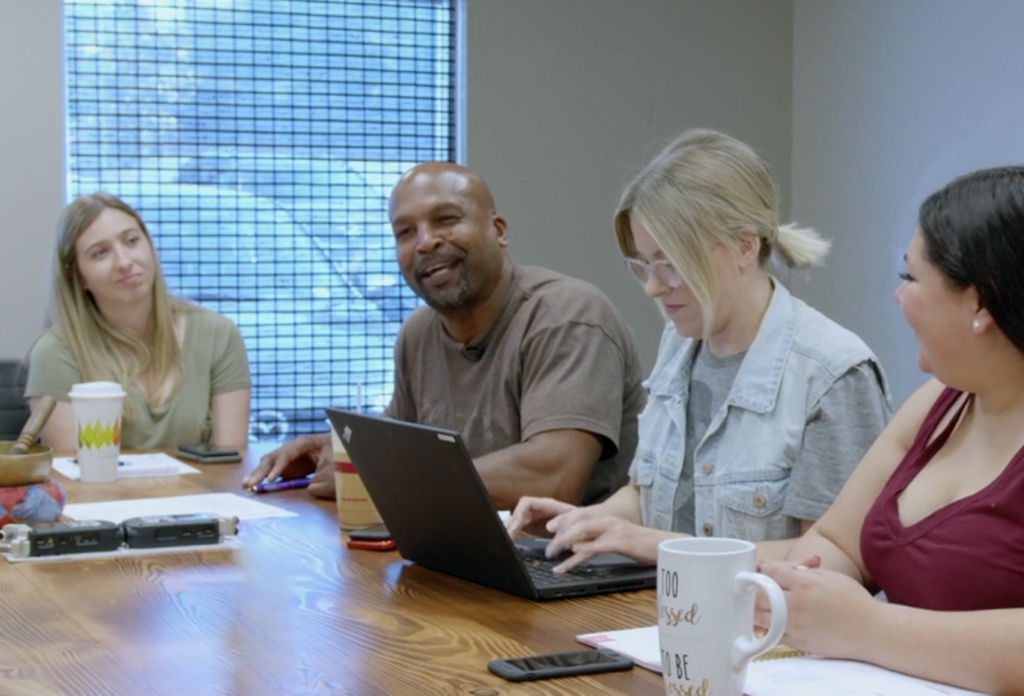Our Program
The PMHP focuses training and technical assistance resources on two DMH programs, Homeless Outreach and Mobile Engagement (HOME) and Full Service Partnerships (FSP) serving individuals 18 years and over. Both programs serve individuals with serious mental illness and both address the challenges of chronic homelessness.
PMHP supports HOME teams across the County
HOME serves disengaged and difficult-to-engage individuals experiencing homelessness who need intensive mental health support to gain housing stability. HOME’s street-based psychiatric teams conduct assertive street-based outreach. PMHP focuses on providing specialized training for HOME team members and has a particular focus on training new street-based psychiatrists. PMHP is collecting data to define the target population, refine triage and enrollment, and identify system-level quality improvement opportunities among partners of the HOME team. PMHP will identify strategies to integrate HOME with generalist outreach teams and provide training on mental health issues to those generalist teams to support integration.


PMHP supports FSP teams across the County
FSP teams are clinic-based, field-capable multidisciplinary teams that provide an intensive level of service to individuals with severe mental illness and other vulnerabilities (e.g., justice-involved, homeless, conserved). PMHP will hire and coordinate the work of 8 Implementation Specialists (one per Service Area) who will work closely with FSP teams to train and coach toward team improvement. PMHP will also sponsor development of a fidelity instrument to build consistence across FSP teams.
Our Partners



Our partnership parallels other state models that involve university and public mental health system collaborations to ensure the dissemination of evidence-based practices and quality of care in mental health:
- Our approach is to combine training and implementation with ongoing program evaluation and research.
- We began as a collaboration of the Department of Psychology at Indiana University-Purdue University Indianapolis (IUPUI) and Adult & Child Mental Health Center of Indianapolis.
- Indiana Division of Mental Health and Addiction (DMHA) launched an initiative to create a network of assertive community treatment (ACT) teams across the state. DMHA funded Indiana University-Purdue University Indianapolis (IUPUI) as a technical assistance center to provide training, consultation, and program evaluationfor ACT teams in Indiana.
- We helped support the effort, from 3 initial ACT programs in 2001, to approximately 30 ACT programs.
- In collaboration with the NC Division of Mental Health, Institute staff conducts assessmentsof all North Carolina ACT and IPS teams on behalf of the State as part of a U.S. Department of Justice settlement.
- The Institute provides training and technical assistance to the State, MCO staff, providers, communityand several states.
- We are working closely with the NC Department of Health and Human Services to help with high-fidelity implementationof Assertive Community Treatment (ACT) and Individual Placement and Support Model of Supported Employment (IPS). ACT has been available in North Carolina for over 15 years, but there had not been routine fidelity monitoring. First-time implementation of IPS occurred in North Carolina in 2013.
- A grassroots group of ACT providers, forming the North Carolina ACT Coalition, has served as a constant advocacy group and learning collaborative.Institute staff have long been involved with the Coalition, coordinating and leading efforts to expand and direct this awesome grassroots group.
- The UNC Center for Excellence in Community Mental Health provides a range of innovative and empirically-supported programs and practices. We are also tied to mental health services researchers to maintain constant effectiveness evaluation efforts.
- Visit Website
- The Michigan Mental Health Integration Partnership (MIP), in collaboration with the University of Michigan and Michigan Department of Health and Human Services (MDHHS), aims to address unmet mental health needs by implementing and evaluating innovative programsto improve the lives of Michigan residents.
- MIP supports the scale up and spread of best practicesthat enhance access to care for consumers with behavioral health care needs.
- Implementation and evaluation of a statewide school-based cognitive-behavioral therapy (CBT) coach training programwith mental health professionals;
- Implementation of integrated mental health servicesin primary care and other settings;
- Evaluation of the delivery and sustainabilityof a brief trauma-focused treatment (PE-PC) in Federally Qualified Health Centers across Michigan;
- Development and evaluationof a perinatal program for high-risk women to promote positive maternal-fetal/infant outcomes;
- Assessment of the gaps in provider/staff knowledgeand capacity in meeting the behavioral health needs of adolescents in Michigan.
- Visit Website
- The Center for Practice Innovations is supported by the New York State Office of Mental Health (NYS-OMH)
- In addition to training and implementation support, the CPI provides guidance and expertise to OMH that is rooted in research on evidence-based practices, implementation science, and behavioral health care policy.
- Makes available evidence-based practicesto improve mental health services, ensure accountability, and promote recovery-oriented outcomes for consumers and families.
- They have programs for ACT, Integrated Treatment, IPS, and Wellness Self-Management
- Visit Website
National Suicide Prevention Lifeline
If you or someone you know is in crisis, call: 1-800-273-8255
National Disaster Distress Helpline:
In distress because of a natural or human-caused disaster? Call for immediate counseling 24/7 at
1-800-985-5990 Or text TalkWithUs to 66746
(English/Spanish 24/7)

©2024 DMH + UCLA Public Mental Health Partnership
